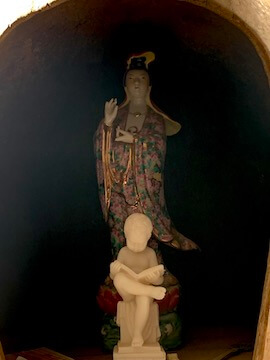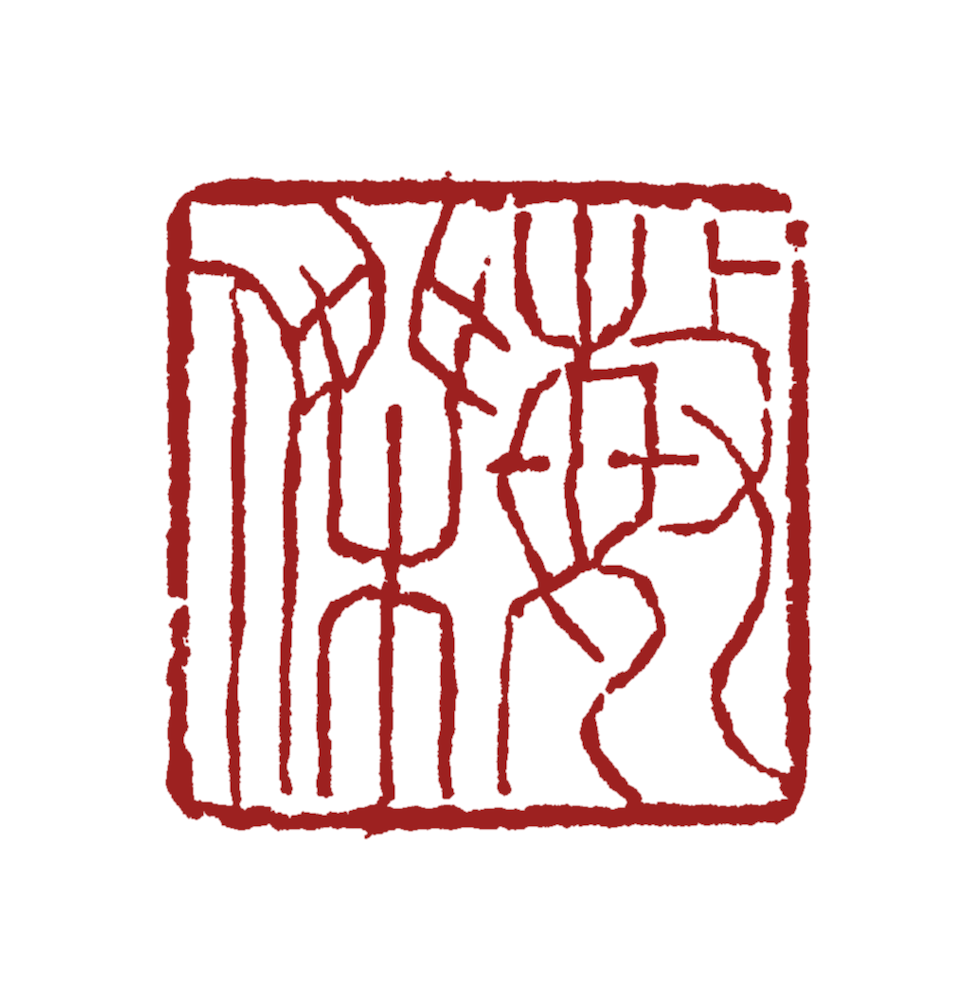為人 The Min Jie School 為人
Becoming Human, Serving Humanity
Study Traditional Chinese Medicine

Getting Started
If you want to study traditional Chinese medicine, you have a number of options.
If you are investigating the profession of traditional Chinese medicine and are wondering what it takes to learn and then practice it, or if you already practice Chinese medicine and are wondering how the profession got to where it is today, I urge you to read and understand this article before you do anything else:
Tyler Phan's (Scathing) Thesis on American Chinese Medicine
Which explores and thoroughly exposes the power structures which have shaped Chinese medicine in the United States...
If you are just beginning your studies in traditional Chinese medicine and want to practice it professionally as a career, then you’ll want to investigate what school or apprenticeship program is best for you. This article can save you a lot of leg work, heartache and money:
Becoming a Master of Chinese Herbs
If you want to become a master of prescribing Chinese herbs, all you need is a sincere desire to learn it and some patience. The rest is about training and efficiency…
Post-Secondary Education in Chinese Medicine
If you are looking for post-secondary education in traditional Chinese medicine for CEU credits or just to learn more, you also have many options. These options fall into three main groups:
Family or Lineage Teachings
Certainly the preeminent teacher of classical Chinese medicine in the West, Jeffrey teaches the Chinese medicine and Taoist philosophy of his teacher, Master Yu Wen of the Jade Purity School, Lao Zi sect. Jeffrey’s teachings are vast, complicated and include every dimension of Taoist cosmology and science.
Dr Richard Tan
The late Dr. Richard Tan became world-famous for teaching and later making his own developments of Dr. Chao Chen’s I Ching acupuncture. His successors, primarily Dr. Eileen Hahn at the Academy of Acupuncture continue Dr. Tan’s teachings. If you want to learn the basis of why and how some of the most powerful acupuncture works, do not fail to investigate this system deeply.
The late Master Tung Ching Chang was another very famous contemporary acupuncturist who practiced his own family tradition and passed it on to his students. Known for having its own palette of acupuncture points that differ from those of traditional Chinese medicine, Master Dong acupuncturists pride themselves on the magical efficacy of these powerful points.
Jeffrey Yuen’s students tend to wipe out in the complexity of his teachings, Dr. Tan’s students tend to wipe out in the simplicity of his teachings (and alcohol) and Master Dong’s students tend to wipe out in a sense of superiority that they are holding magical secrets that nobody else has without neccessarily understanding the basis of where that magic comes from.
Each teaching is valuable and each group has its hangups and eccentricities. Choose wisely, check yourself frequently to learn if you have fallen down any of these rabbit holes and take appropriate action to continue your learning and development.
Academic Teachings
Academic teachings are a primary vehicle for those who have been cut off from or have lost primary lineage teachings. Lineage holders and followers are sometimes critical of academics because they may lack the physical transmission that activates the potency of lineage practice.
This criticism can also be true of tradition followers.
Academics can be critical of both lineage and tradition followers who may not have, need or want any connection to or familiarity with classical texts nor academic foundations whatsoever. The basis of academic history and heirarchy is in written classics. In the absence of literary confirmation, academics have no standard of measure on which to judge what they are evaluating. This quickly becomes tricky business in a world such as Chinese medicine, whose roots reach back into far antiquity, far beyond any written records. We know this because this is what the written records say. And so on.
A long-time student of Claude Larre and Jean Schatz, Elisabeth is without question one of the most passionate and wise scholars of Chinese medicine and philosophy alive today. Her ability to convey and connect the essence and import of classical concepts and practices to their later historical development and implementation is guaranteed to make your head spin and your heart sing with joy.
Dr. Edward Neal of the Xing Lin Institute has been developing an academic practice of Chinese medicine based on the oldest texts of Chinese medicine, most notably the Huang Di Nei Jing. Although there are some who are critical of Dr. Neal's translations and teachings, his methodology has many virtues, and 'simply' involves all students coming together to spend time translating and discussing the Nei Jing and other ancient texts. These dialogues create a terrific learning environment and are guaranteed to challenge and inspire your viewpoints on Chinese medicine and your fellow students whatever they may be.
Dr. Neal's years of research and practice are leading to some fascinating and significant conclusions; the primary of which is that there is no separation between personal and environmental health and healing.
Click here for an excellent video introduction to Dr. Neal’s Nei Jing-based Environmental Medicine.
Teachings that combine lineage and academic traditions
In the history of Chinese medicine it has been understood that due to the volume, intensity and depth of its corpus of knowledge and practice, there is virtually no way to be both an excellent practitioner and an academician at the same time. So tradition has held that in each generation practitioners and academics must gather occasionally to compare notes and learn from one another. This way the practitioners can learn about what they are doing in an historical and academic context, and the academics can learn about how, when and if their knowledge bears any relationship whatsoever to the real world as it currently stands.
There are clear virtues to every side of this dynamic. For the purposes of self-development in the absence of a living teacher, a combination of book and practical learning seems to be the best way to continuously develop.
The following teachers practice and teach mixed traditions of this kind:
Integrating the acupuncture styles of Japanese masters Nagano, Kawai and Manaka, Kiiko is a force of nature to say the least. Her acupuncture style places a strong emphasis on the art of palpation to elicit immediate feedback from the patient’s biophysiology.
Primarily focused on the systematic re-integration of acupuncture and Chinese herbal strategies, Min Jie founder John Mini presents a primary synthesis of the teachings of Chinese masters Dr. Lai Yat Ki and Dr. Richard Teh Fu Tan.
